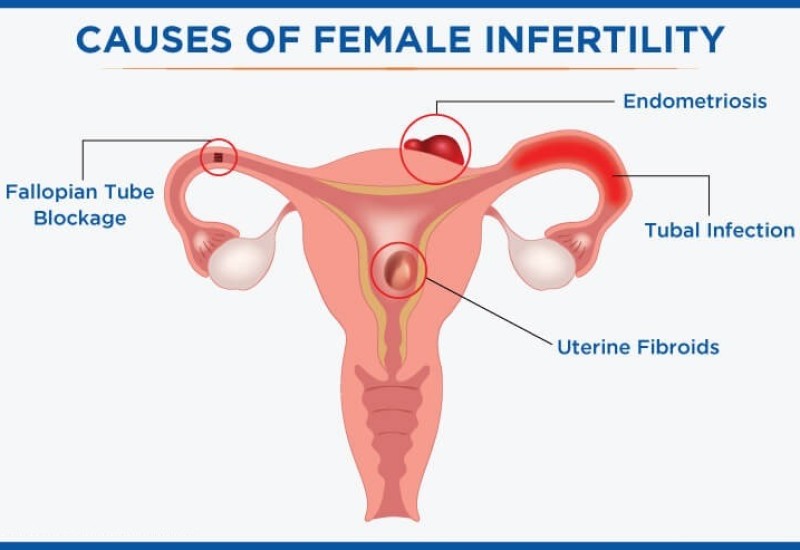Infertility can be a serious problem for many couples. Factors such as age, menstrual cycle issues, hormones or disease could all play a role in the inability to conceive.
Treatment for infertility is a multidisciplinary endeavor, so it’s essential to consult an experienced and reputable infertility specialist near you for assistance.
Consult Dr. Bhumika Shukla for infertility management in Noida.
Hysteroscopy
Hysteroscopy is a surgical procedure in which your doctor uses a thin tube (hysteroscopy) to examine the interior of your uterus and fallopian tubes. It helps diagnose fertility problems and determine if a woman can carry a baby.
Before the procedure, your doctor will administer a medication to relax you and make you more comfortable. They may use local or general anesthesia for added ease during the operation.
When the hysteroscope is inserted, your doctor will inspect for abnormalities like fibroids and cysts. They might also spot adhesions – bands of scar tissue that can restrict menstrual flow and lead to infertility.
When a doctor performs operative hysteroscopy, they will remove these growths and scar tissue. Additionally, they may take a sample of tissue for testing (known as a biopsy) in order to confirm what’s wrong with you.
IUI
Intrauterine Insemination, or IUI for short, is a fertility treatment that places sperm directly inside the uterus to make it easier for the sperm to fertilize an egg.
A sample of sperm from either a male partner or donor is collected through a thin tube known as a catheter. The sample is washed and concentrated so that only healthy, active sperm remains.
Once prepared, the sperm concentrate is gently placed into your uterus with a catheter. This quick and painless procedure takes only minutes.
Your doctor may order other fertility tests, such as blood work and an LH surge test. These results can help them decide if IUI is the right option for you.
IVF
In vitro fertilization (IVF) is one of the most widely used assisted reproductive technologies (ART). This process utilizes medicine, surgical procedures and fertility drugs to help eggs and sperm combine and form an embryo.
Eggs from the ovaries are harvested and fertilized with sperm from either a partner or donor, then transferred to the uterus where it ideally implants and creates a pregnancy.
IVF is most often recommended when couples experience difficulties with their own eggs or sperm. For instance, if the ovaries aren’t functioning properly, there could be an underlying issue such as low sperm count or an ovarian cyst that prevents sperm from reaching the uterus.
IVF may also be utilized if a woman has an ovulation disorder, luteal phase defect or genetic abnormality that prevents her from becoming pregnant on her own. Some couples also utilize a gestational carrier (surrogate) who will carry and deliver the baby for them.
Embryo Transfer
Embryo transfer is the process of placing one or more embryos from your IVF cycle into your uterus. This usually takes place three to five days after egg retrieval and involves inserting the embryos through a catheter into your uterus.
Your fertility specialist may use abdominal ultrasound to guide the placement of embryos into your uterus. They will also inspect both your cervix and uterine lining for any issues.
If you are using fresh embryos, you will begin taking oral and injectable hormones during your IVF cycle to prepare your uterus for implantation of the embryo. These usually last 14-21 days.
Pregnancy
Pregnancy is the state of carrying an embryo or fetus within a woman’s body, indicated by the presence of human chorionic gonadotropin (hCG) in either urine or blood.
During the first trimester, a fetus grows and develops into a baby. This stage lasts around nine months.
Fertility treatment for infertility often entails stimulating a woman’s ovaries to release an egg and sperm, known as ovulation induction. This process helps ensure successful pregnancy results in both parents.
Ovulation induction is one of the most widely used fertility treatments and can help women conceive with minimally invasive procedures. Additionally, it has been known to enhance other forms of fertility therapy.




































